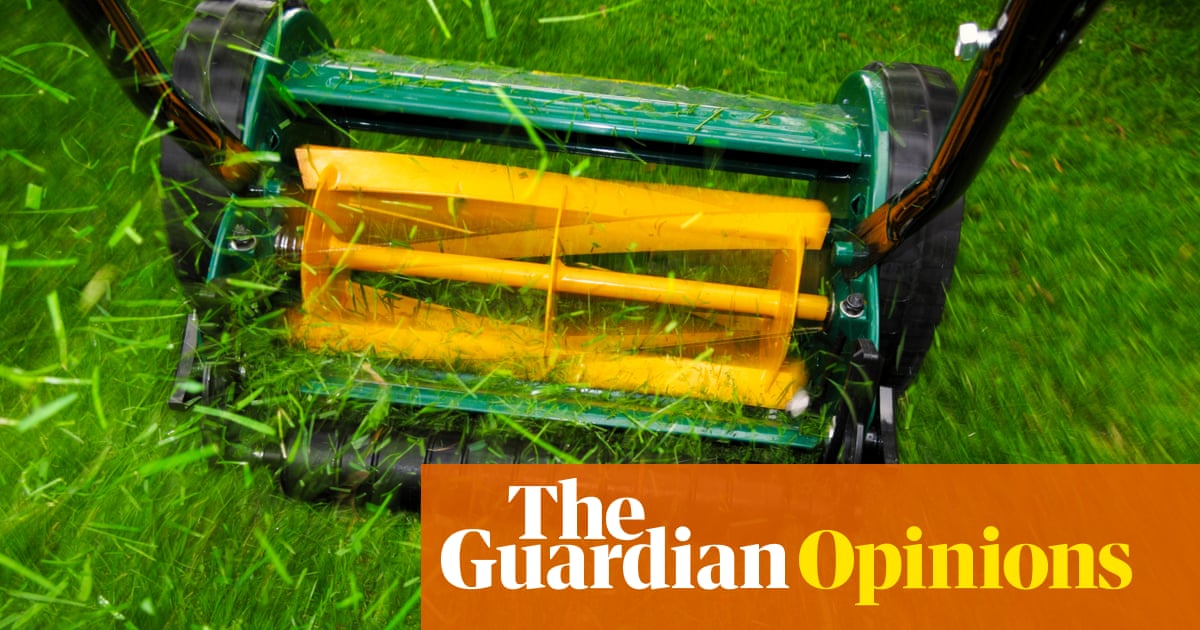Where I live it’s also a matter of timing. The local farmer cuts his hedges at the same time each year. That just happens to coincide with the berries coming out in the autumn and the flowers coming out in the spring. If he just waited a few more weeks the birds and insects would be a lot happier.
That local farmer is a deliberate shitcunt.
Could also just be ignorant
These things often skip merrily hand in hand.
Dundee City Council many years ago started leaving large areas of previously mown turf as meadow, and only cutting it once a year or so.
This is the best summary I could come up with:
This time last year, residents of the council estate where I live in Greenwich were left in tears after local authority contractors mowed down scores of newly planted purple alliums on our shared lawn just days after they’d bloomed.
In West Sussex, a resident’s freedom of information request revealed the council was spending £1.5m on mowing annually, while in Nottingham, even flowers in well signposted “bee-friendly” areas were mown flat last year.
According to the Pesticide Action Network, there are around 40 different plant-killing chemicals regularly used in urban areas in Britain, of which glyphosate is the most prevalent, despite being partially banned in several countries and labelled a “probable carcinogen” by the World Health Organization.
“That loss of 60% is horrendous” says Mark Schofield of the charity Plantlife, whose annual No Mow May campaign attempts to persuade Britons to adopt less-aggressive green space management practices.
In a ranking of councils’ climate actions published in October, Westminster came out top of all single-tier authorities in the UK for their sustainability leadership including banning use of glyphosate on their land and reducing unnecessary mowing.
However, as a tool to persuade not just individuals but public authorities to rethink their out-of-date intensive mowing and poison-spraying regimes, it can make a real impact on nature recovery in the UK.
The original article contains 903 words, the summary contains 216 words. Saved 76%. I’m a bot and I’m open source!





